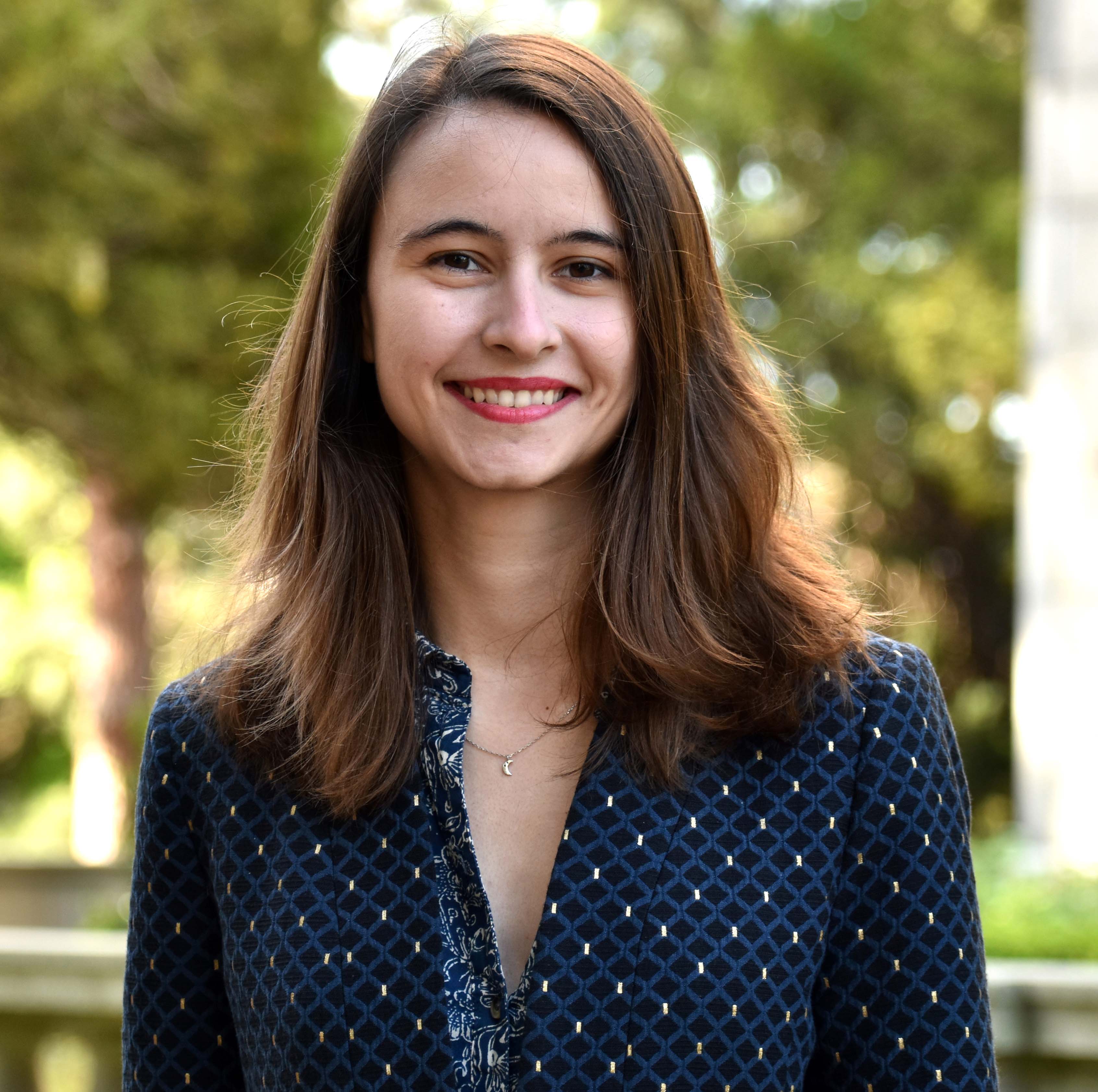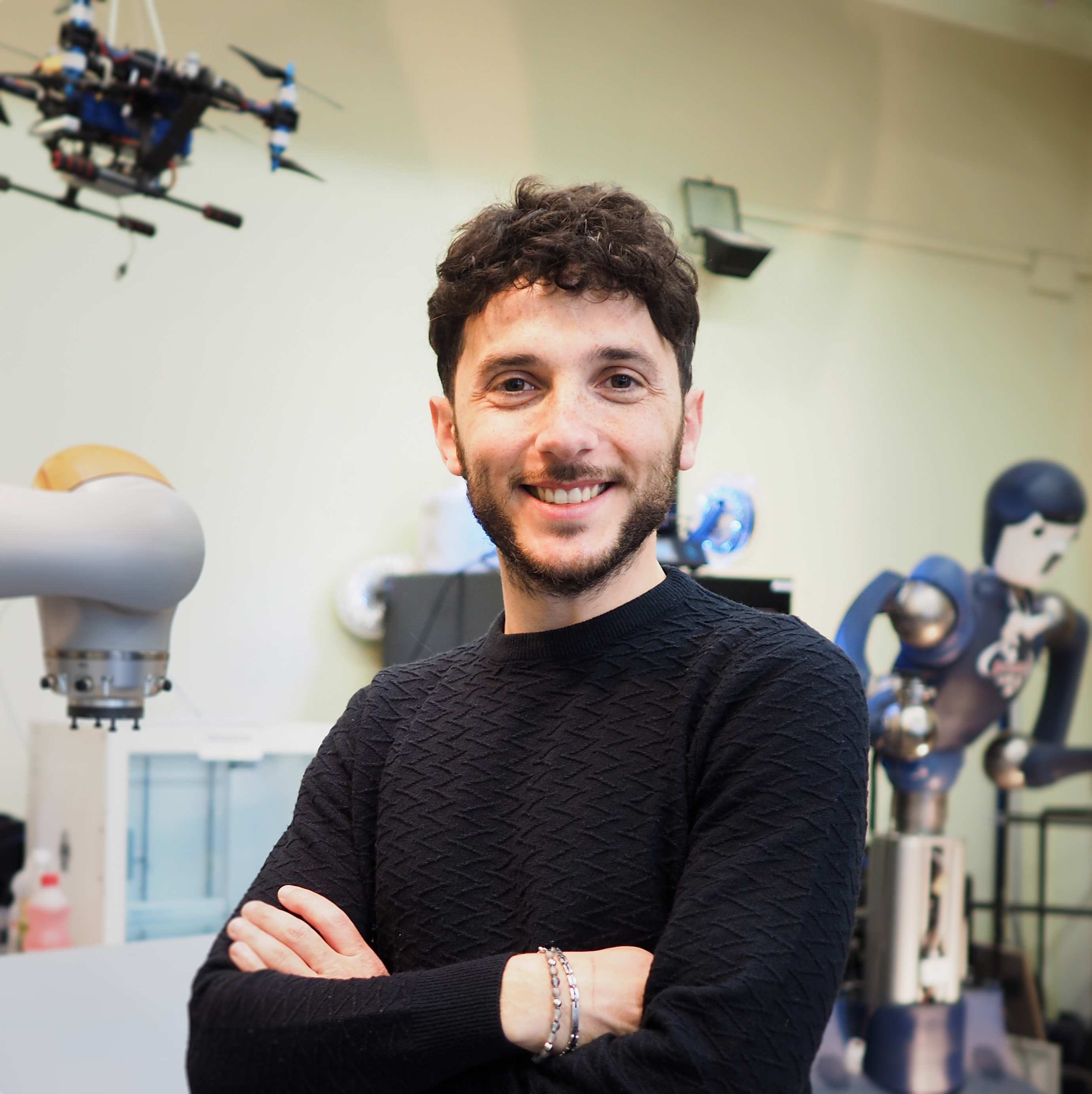Schedule
| Time (GMT+2) | ||
|---|---|---|
| 09:00 am - 09:15 am | Organizers Introductory Remarks |
|
| 09:15 am - 10:00 am | Invited Speakers: Part I
Luka Peternel - Shared Control Systems and Interfaces for Seamless Human-Robot Co-manipulation (9:15-9:30) Nicolai Anton Lynnerup - Programming by Demonstration - A Skill-based Kinesthetic Teaching Platform (9:30-9:45) Erdem Biyik - Making Robot Learning More Natural Through Human Saliency and Language (9:45-10:00) |
|
| 10:00 am - 10:30 am | Morning Coffee Break | |
| 10:30 am - 12:00 pm | Invited Speakers: Part II
Jason Cochrane - Mastering the Realities and Challenges of Implementing Truly Collaborative Robotics in Production Environments (10:30-10:45) Werner Kraus - Automation of Automation (10:45-11:00) Sylvain Calinon - Manipulation skills acquisition by exploiting various forms of human guidance (11:00-11:15) Lars Johannsmeier - The Dual Role of Robots as Input Device and Embodiment for Human Skills (11:15-11:30) Ann Fey - Towards More Human-Aware Robotic Systems for Surgical Training and Intervention (11:30-11:45) Henny Admoni - Is Eye Gaze Actually Helpful for Shared Control? (11:45-12:00) |
|
| 12:00 pm - 12:30 pm | What mechanisms have been used and where? Group Activity I |
|
| 12:30 pm - 02:00 pm | Lunch break | |
| 02:00 pm - 03:00 pm | Technologies, Adoption, and Opportunities - Academic/Industry Panel
Sylvain Calinon, Nicolai Anton Lynnerup, Jason Cochrane, Luka Peternel Moderated by Harold Soh |
|
| 03:00 pm - 03:30 pm | Consolidation and Brainstorming Opportunities Group Activity II |
|
| 03:30 pm - 04:00 pm | Afternoon Coffee Break (and Posters) | |
| 04:00 pm - 04:30 pm | Contributed Paper Spotlight Presentations | |
| 04:30 pm - 05:00 pm | Concluding Remarks and Next Steps |
Papers
-
Kinesthetic vs Imitation: Analysis of Usability and Workload of Programming by Demonstration Methods
[link]
-
Interactive Keyframe Learning (IKL): Learning Keyframes from a Single Demonstration of a Task
[link]
-
Advancing Human-Robot Collaboration: The Impact of Flexible Input Mechanisms
[link]
(Best Student Paper)
-
LHManip: A Dataset for Long-Horizon Language-Grounded Manipulation Tasks in Cluttered Tabletop Environments
[link]
-
MAPLES: Model based Assistive Policy Learning for Shared-autonomy
[link]

















